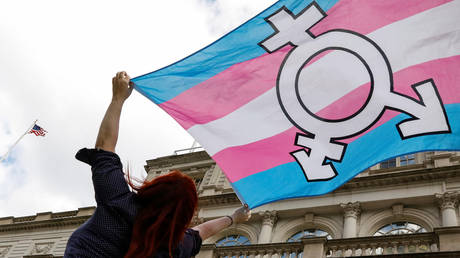
New Zealand has enacted a self-identification law that makes it easier to amend the sex recorded on birth certificates. It removes a requirement on applicants to provide evidence of having undergone sex-reassignment procedures.
The country’s parliament on Thursday voted unanimously to pass the legislation, titled the ‘Births, Deaths, Marriages and Relationship Registration Bill’. Once it comes into force, the new law will allow transgender, intersex, gender diverse, and takatapui (a Maori word for LGBT) people to declare their sex on the basis of how they identify.
Although the provision to self-identify sex on birth certificates was introduced in 2018, applicants still had to prove they had undergone sex-reassignment surgery or other medical treatments to change their sex according to their gender identity.
“Today is a proud day in Aotearoa’s history,” Internal Affairs Minister Jan Tinetti said, referring to New Zealand’s Maori name. “Parliament has voted in favour of inclusivity and against discrimination.”
Noting that the law change would “make a real difference” for the country’s gender minorities, Tinetti added that it will especially support young people and give them “agency over their identity, which will promote their mental health and sense of wellbeing.”
It will take another 18 months before the provisions come into force, during which other details will be worked out. These include such questions as to who will be allowed to support applications by young people, how to ensure sex markers on birth certificates account for non-binary and cultural options, and what the requirements will be for individuals who seek to change their sex more than once.
The legislation had proved controversial with women’s groups opposing self-sex identification on the grounds that it erodes women’s rights and protections. Nicola Grigg, the women’s spokesperson for the opposition National Party, told MPs that while her party supported the law, it was important to consider the “full range of views” when debating “complex policy and ideas.”
But Tinetti pushed back at opposition to the bill. Noting that “trans misogyny is still misogyny,” she said “real people… have been belittled, mocked and discriminated against” for wanting “to be accepted for who they are and be treated with dignity and respect.”




